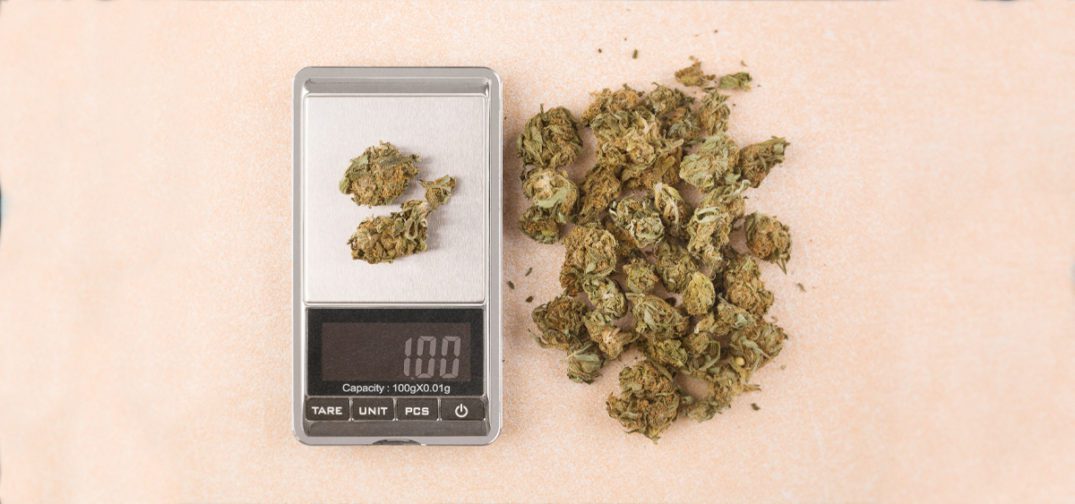New York’s adult-use cannabis law includes a potency tax, which, in addition to the state’s sales and local taxes, could drive the price per eighth as high as $70, Syracuse.com reports. The law taxes distributors half a cent per milligram of the amount of total THC for flower, eight-tenths of one cent per milligram for concentrates, and three cents per milligram of THC for edibles.
The state’s sales tax rate is 9% and localities can impose their own taxes as well, which could raise the overall tax rate for flower as high as 30% or as much as 55% for edibles, said tax attorney Jason Klimek, who co-leads the Cannabis Team at law firm Barclay Damon.
By comparison, neighboring Massachusetts has a maximum 20% tax rate which is tied to sales which could put New York at a competitive disadvantage once sales launch. The state is also home to several Native American tribes, some of which have already launched cannabis sales, and carry no taxes.
Kaelan Castetter, founder of business consulting firm Castetter Cannabis Group and co-founder of the New York Cannabis Growers and Processors Association, told Syracuse.com that including a potency tax could also work to squeeze out smaller operators who are not in the financial positions of large multistate operators who would be able to withstand the tax and still offer competitive prices.
“Really, you’re setting up cultivators to be in a position down the line where they’re not able to eke out a profit, and the ones that will are the biggest ones.” – Castetter to Syracuse.com
Lauren Rudick, co-founder of law firm Hiller, PC’s cannabis law practice, said the THC tax could incentivize cultivators and distributors to offer products that are lower in THC but balance other cannabinoids and terpenes to create a better user experience and that it could offer an opportunity for the industry to better educate consumers who may think THC is solely responsible for the experience of a product.
“I see this as a tremendous opportunity for people to become educated on the endocannabinoid system,” she told Syracuse.com. “I think it’s going to spur some really unique product development.”
Ulrik Boesen, director of excise tax policy at The Tax Foundation, an independent tax policy nonprofit, said that the THC tax makes sense from the government’s perspective because, generally, cannabis markets start out hot but sales fall as markets mature and since THC is one of the few commonalities between cannabis products, it seems logical to pin the tax to the molecule.
“It’s really hard for states to forecast revenue if it’s based on the price of a volatile commodity,” he said. “It’s much easier for them to forecast volume.”
New York lawmakers approved adult-use reforms last year but sales are not expected to commence in the state until 2023.
Get daily cannabis business news updates. Subscribe
End
